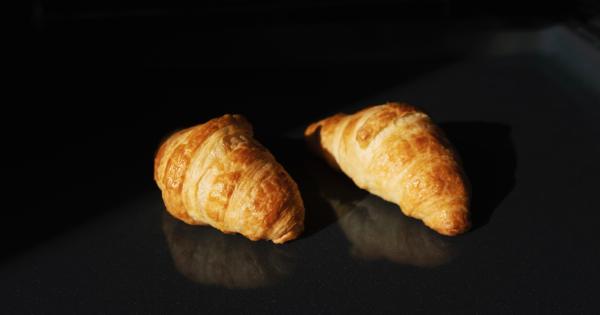Mastitis is a common and painful condition that affects breastfeeding mothers. It occurs when the breast tissue becomes inflamed and infected. Symptoms include breast pain, swelling, redness, and fever.
If left untreated, it can lead to abscesses and sepsis. While antibiotics are often necessary to treat mastitis, there are also natural remedies that can provide relief and speed up the healing process. In this article, we will explore two natural remedy videos that can help mastitis sufferers.
Video 1: Breast Massage
Breast massage is a technique that can help relieve symptoms of mastitis. It promotes drainage of the blocked ducts, reduces inflammation, and stimulates the immune system.
In this video, a certified lactation consultant demonstrates how to perform breast massage.
Start by placing your hand on the affected breast. Use your fingers to make circular motions around the breast, starting from the outside and moving towards the nipple. Apply gentle pressure but avoid causing pain.
Continue massaging until the breast feels softer and less tender. Repeat the process several times a day, especially before breastfeeding.
This technique is safe, easy, and effective. It can be combined with other remedies such as hot compresses and herbal supplements. Breast massage can also improve milk flow and prevent future episodes of mastitis.
Video 2: Herbal Remedies
Herbal remedies have been used for centuries to treat various health conditions, including mastitis. They can boost the immune system, reduce inflammation, and provide pain relief.
In this video, a herbalist explains how to use three different herbs to alleviate mastitis symptoms.
The first herb is cabbage. Simply take a few cabbage leaves and place them over the affected breast. Cover with a warm towel and leave for 20-30 minutes. Cabbage leaves have anti-inflammatory properties and can help reduce swelling and pain.
They can also absorb excess milk and prevent engorgement.
The second herb is calendula. This plant has antibacterial and anti-inflammatory properties and can be used as a topical ointment or infused in tea.
To make a calendula infusion, take one tablespoon of dried calendula flowers and steep in a cup of hot water for 15 minutes. Strain and drink three times a day. Calendula ointment can be applied to the affected breast after breastfeeding or massaging.
The third herb is echinacea. This plant is known for its immune-boosting properties and can help fight the infection that causes mastitis. It can be taken as a tincture or infused in tea.
To make an echinacea tincture, take one tablespoon of dried echinacea root and steep in a cup of vodka or brandy for two weeks. Strain and take a few drops three times a day. Echinacea tea can be made using dried or fresh echinacea leaves and flowers.
Herbal remedies can be a safe and gentle alternative to antibiotics. However, it is important to consult a herbalist or healthcare provider before using any new herbs, especially during pregnancy or if taking medication.
Conclusion
Mastitis can be a challenging and painful condition for breastfeeding mothers. However, natural remedies such as breast massage and herbal treatments can help alleviate symptoms and promote healing.
These two videos provide easy and effective ways to incorporate natural remedies into your mastitis treatment plan. Consult with your healthcare provider and give them a try. Your breasts will thank you!.






























